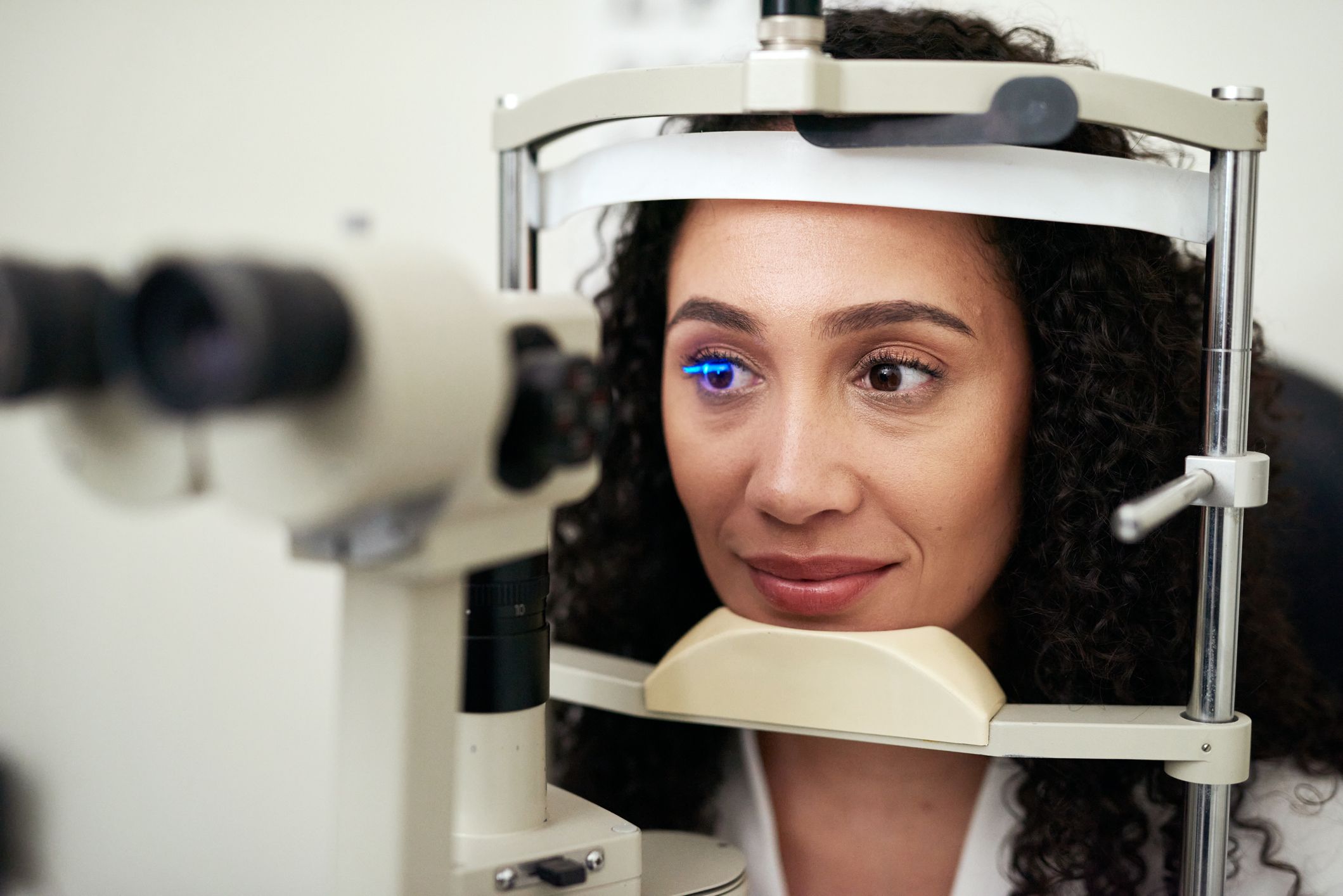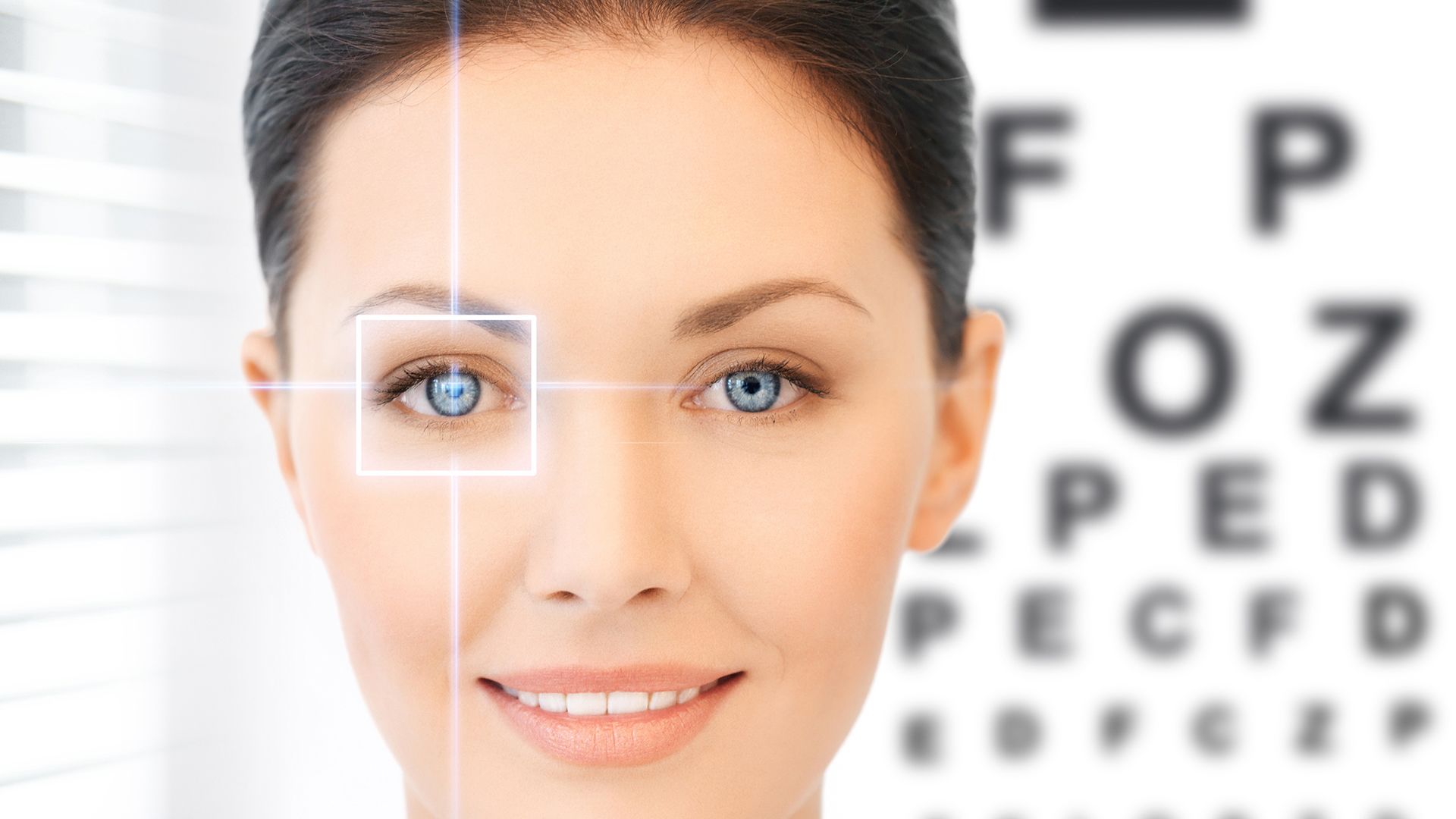Updated on October 23, 2024
In this video, ophthalmologist and Sharecare Advisory Board member David Demartini, MD, explains how frequently you should have an eye exam, and why the frequency should increase as you get older.

Transcript
The frequency with which you should have an eye exam depends on your age. [LIGHTHEARTED MUSIC]
Usually at a younger age, it's only for the first year or two. And then as one gets older, it becomes
a little bit more frequent. Young children are usually examined within the first two years of life, mainly by how well they see
and whether their eyes are straight and do not deviate. As they get older, usually within beginning of school,
they'll have another eye exam to make sure that vision is developing, because if vision doesn't
develop well in the first few years, it can often lead to a lazy eye, which will never develop.
So in the first few years of life, we usually recommend an exam by the second year
and then before school. Then, usually it's about every four years or so until they get to be 20.
And then usually it's even less, assuming that nothing has been found. If there's been any abnormalities of the eye,
such as the need for glasses or the eyes are crossing or there's some other medical condition that could relate
to the eyes, then we always ask patients to come in much more frequently, even once a year, just to be sure that everything is stable and healthy.
By the time you're 60 or 62, we usually recommend yearly eye exams because most eye disease
comes along when one gets to be a senior citizen, everything from glaucoma, which is too much pressure in the eye,
to cataracts, which is the clouding of the lens inside the eye. So for that reason, most of our practice
is senior citizens because that's when eye disease starts to become more of a problem. [HEARTBEAT] [BEEPS]




